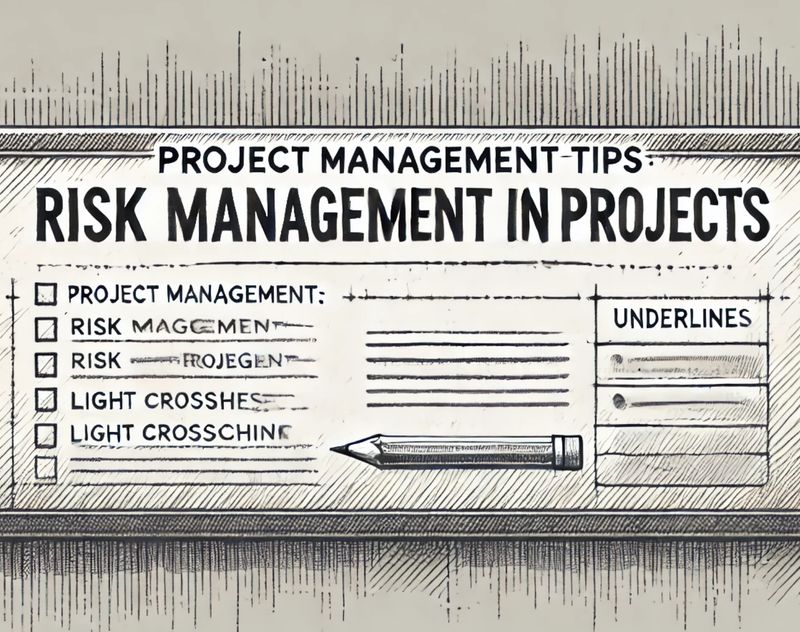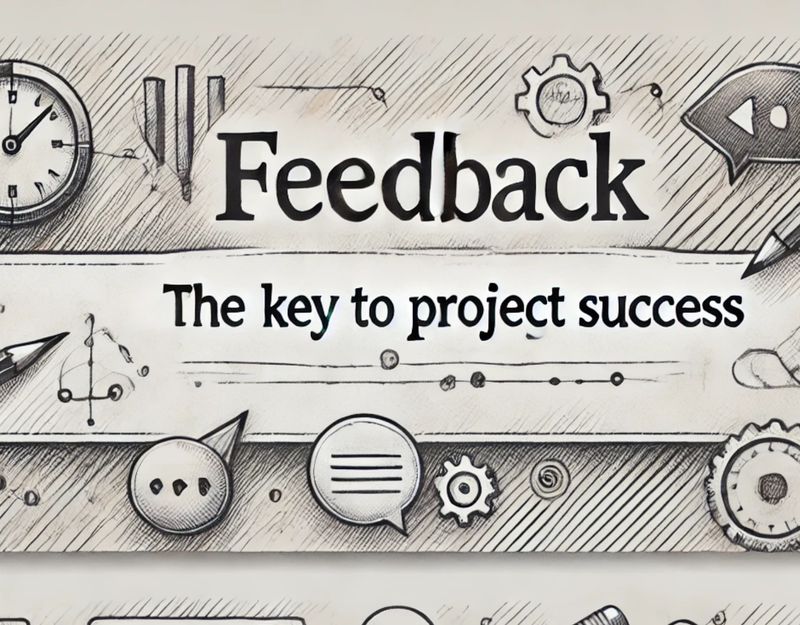How to Manage Projects in Uncertain Conditions

Navigating Uncertainty with a Flexible Mindset
Managing uncertainty begins with adopting a flexible mindset. In project management, rigid plans can falter in the face of unexpected challenges, so staying adaptable is essential. When conditions shift, take a step back to assess how these changes might impact your project’s goals and timelines. Here are a few key approaches for building a flexible mindset:
Option 1, start by anticipating possible challenges in your planning phase. While you can’t predict every twist, mapping out potential “what-if” scenarios prepares you for rapid adjustments. For example, if you foresee supply chain delays as a risk, have a backup plan for alternative suppliers or timelines. Expectations management becomes crucial here—communicate openly with stakeholders about potential challenges to avoid surprises down the line.
Option 2, prioritize key project elements. When faced with a sudden obstacle, knowing which aspects are critical helps you make swift, confident decisions. For example, if a budget cut threatens project scope, decide which components can be scaled back without compromising the project’s overall value. Focus on what matters most so that changes do not compromise your project’s core goals.
Option 3, remain open to new solutions. Sometimes, unexpected issues bring unique opportunities for creative problem-solving. When a challenge arises, encourage your team to brainstorm alternative approaches. Emphasize collaborative problem-solving to keep everyone engaged and motivated, even during setbacks. This adaptable attitude builds trust and encourages your team to share innovative ideas.
Communicating Effectively During Uncertainty
Communication takes on a heightened importance when managing uncertainty. Stakeholders need transparency, and team members need reassurance to stay focused. Keeping everyone in the loop can reduce misunderstandings and boost morale, even when conditions aren’t ideal. Here’s how to improve communication in uncertain times:
Option 1, maintain regular updates. While it’s tempting to limit communication to major milestones, more frequent check-ins provide a sense of stability. For example, if a project faces delays, explain the reasons to stakeholders as soon as possible. Transparent communication fosters trust, so team members and stakeholders alike understand that they’re part of a well-informed process.
Option 2, prioritize clarity in your messages. Uncertainty can breed anxiety, and confusion only adds to the challenge. Ensure that your team knows what’s expected, and explain any changes in simple, direct terms. For instance, if a project deadline shifts, clarify how tasks should be adjusted to meet the new timeframe. Clear instructions reduce stress and improve focus, so your team can respond to changes with confidence.
Option 3, show empathy and listen. Project managers often feel responsible for finding solutions, but actively listening to your team’s concerns can be just as impactful. Acknowledge any frustrations or anxieties your team might have, and reassure them that their input matters. Show empathy—this creates an environment where people feel valued, which is especially important when facing difficult challenges together.
Leading with Confidence and Resilience
In times of uncertainty, your leadership sets the tone. While it’s natural to feel pressure, a calm and confident approach inspires your team to remain resilient. As a project manager, balancing optimism with realism can make a world of difference. Here’s how to lead effectively under challenging circumstances:
Option 1, remain calm and composed. When unexpected situations arise, your team looks to you for guidance. Maintaining composure under pressure reassures others and enables clearer thinking. For example, if a key partner withdraws from the project, take time to strategize instead of reacting impulsively. Stay calm and keep your focus on solutions, which will encourage others to do the same.
Option 2, celebrate small wins along the way. Uncertainty can make a project feel like an uphill battle, so it’s important to recognize progress, no matter how minor. When your team overcomes a hurdle or completes a key milestone, take time to acknowledge their hard work. Recognize achievements to keep spirits high, reinforcing the value of each contribution and reminding the team of the progress they’re making.
Option 3, model resilience and optimism. A resilient leader inspires a resilient team. Emphasize that setbacks are part of the journey, and every project, however challenging, offers valuable lessons. For example, if budget cuts force you to change course, approach the shift with enthusiasm about finding new solutions. Frame challenges as opportunities for growth, which not only boosts morale but also fosters a forward-thinking mindset across your team.
Uncertain conditions are a natural part of project management, but they don’t have to hinder success. By staying flexible, communicating openly, and leading with confidence, you can help your team adapt and thrive, no matter what challenges come your way.





